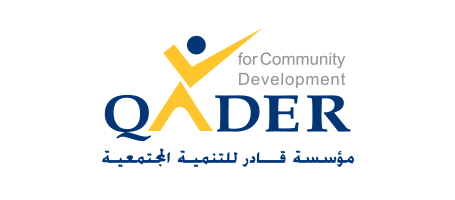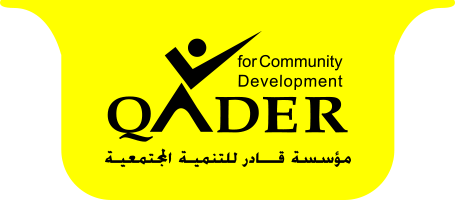Status of available Diagnostic and Evaluation Services of Children with Disabilities in the West Bank: A Survey Study Conducted by QADER

Ramallah- In an event on Tuesday, QADER for Community Development presented the results of a survey study that was carried out at the beginning of 2019 on the reality of diagnostic and evaluation services available for children with disabilities and mental difficulties in the West Bank.
The event was attended by a number of representatives of the Ministry of Health, the Ministry of Social Development and the Ministry Education, in addition to a number of representatives of organizations working in the field of disability and special education, and local community organizations as well as those interested in the issues facing people with disabilities.
The presentation included an introduction to the Child Rights Governance Project, which is funded by Save the Children and with the support of the Swedish International Development Cooperation Agency (SIDA).
Director General of QADER, Ms. Lana Bandak highlighted the significance of the study, which focused on the reality of children with disabilities in Palestine.
Ms. Bandak shed light on the nature of the services provided to children with disabilities and cognitive impairment in different sectors, such as education, protection, and health.
She also discussed the transfer mechanisms that are utilized in different official departments and their compatibility with the needs of children with developmental challenges, as well as the effectiveness of these services. She stressed the importance of further developing these services to be in line with the international and national children rights conventions and the Palestinian Disability Law.
Researcher Amjad Shoghari presented the results of the study and the research methodology. He explained the nature of the Palestinian context in which diagnostic services are provided, and the rates and nature of disabilities, especially developmental difficulties, and how they are assessed. He also provided recommendations on how to deal with various issues and challenges that may hinder the diagnostic process.
At the end of his presentation, Shoghari provided a number of other recommendations that would contribute to improving the evaluation mechanisms of children with developmental disorders and presented these mechanisms before the decision-makers to take the necessary measures.
Ms. Suhair Hammad, representing the Ministry of Health, Mr. Amin Annabi, representing the Ministry of Social Development, and Mr. Mohammad Al-Hawash, representing the Ministry of Education, shared their thoughts on this study and its results.
Following the presentation, there was an open discussion about the study results, where many representatives of local NGOs and families of children with disabilities suggested a number of recommendations that would be added to the final version of the study before it’s published.

